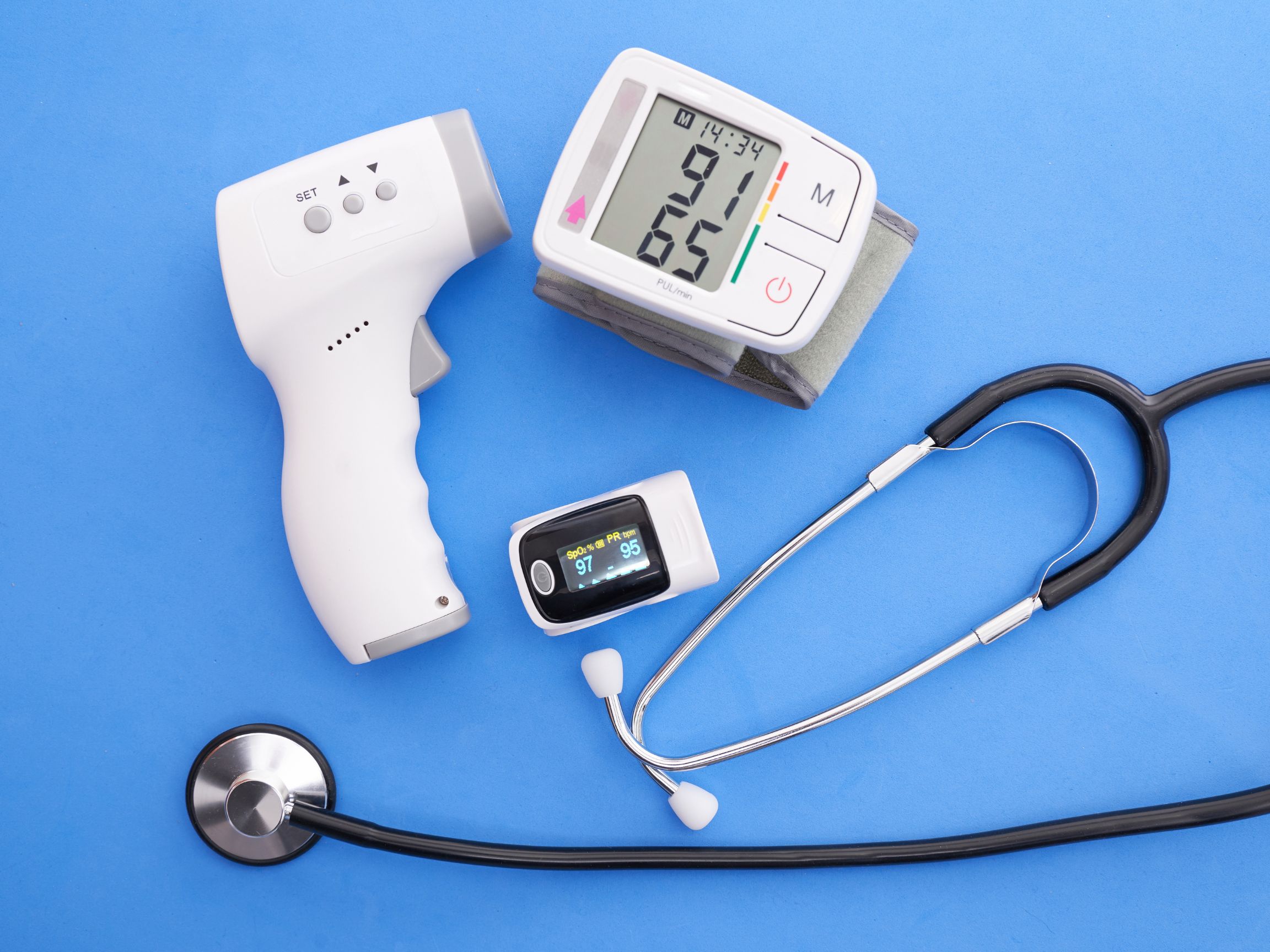
29 Nov What is the difference between HSA’s and FSA’s?
HSA’s and FSA’s are both pre-taxed health spending accounts where the employee contributes monthly to help pay for medical care expenses, copays, and vision care.
The most significant difference between flexible spending accounts (FSA) and health savings accounts (HSA) is that an individual controls an HSA and contributions roll over to the next year, while an employer owns a FSA and use of the funds is less flexible.
Both accounts offer tax benefits and have annual contribution limits. You contribute funds to an HSA and FSA, but only your employer can contribute to your HRA*.
When it comes to flexibility, tax-free growth, and portability, an HSA wins over the more limited FSA.
HSA SPECIFIC FEATURES:
- The money you save always stays with you, but you can only spend money you’ve already saved. It accumulates, rolls over and some plans have the option to invest the funds
- A good option if you are generally healthy and don’t go to the doctor much
- To qualify, you must have a high deductible health plan
- Cannot spend more than the funds deducted from their paychecks but can file for reimbursement later in the year
- With HRAs, employers may limit which health expenses are eligible and the amount able to roll over
FSA SPECIFIC FEATURES:
- An FSA is like a line of credit. For example, if your account balance is $50 in January but you’d like to buy $200 prescription eyeglasses, you can as long as you’re on track to save at least $200 by year’s end
- Best with a low deductible plan, meaning you likely go to the doctor more
- Any funds not spent by the end of your plan year will be lost unless the plan has a grace period or rollover
- Near the end of the year, you can use leftover money to stock up on medical supplies like bandages and OTC medications
*An HRA, or health reimbursement arrangement, is a type of health spending account provided and owned by an employer. The money in it pays for qualified expenses, like medical, pharmacy, dental, and vision, as determined by the employer. HRAs are usually unfunded notional accounts, with no cash value as opposed to an HSA which is a tax-advantaged account that can pay for IRS-defined health care expenses, including long-term care and COBRA premiums.
Original content by HR Ministry Solutions. This information is provided with the understanding that Payroll Partners is not rendering legal, human resources, or other professional advice or service. Professional advice on specific issues should be sought from a lawyer, HR consultant or other professional.


